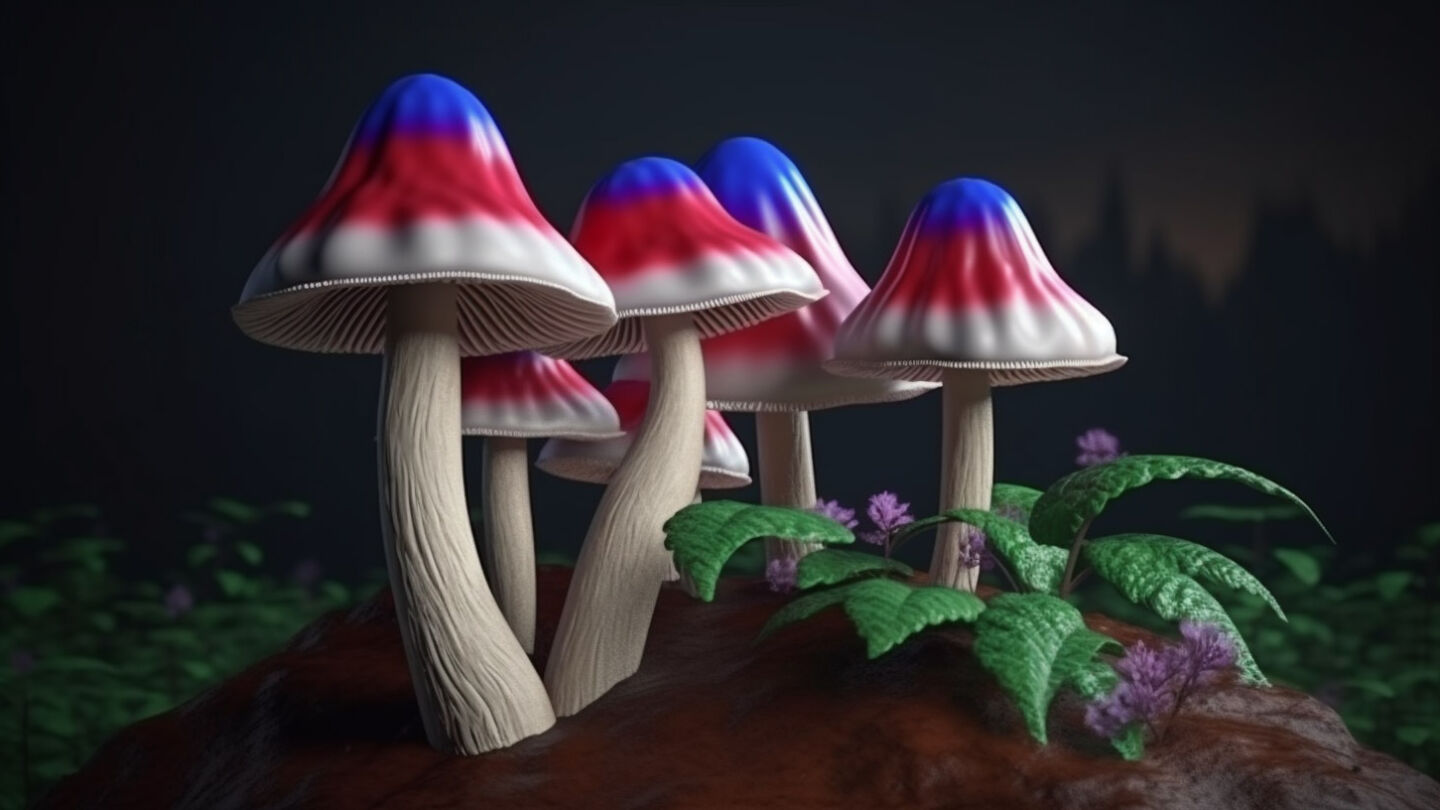
By Todd Ruiz
Thirty-seven months before weed was decriminalized in Thailand, advocacy group Highland opened its first cafe in Bangkok’s Lat Phrao area. It looked a lot like a dispensary, but no weed was sold. Not until the morning of June 9, 2022, when a long line gathered to shop from its well-stocked shelves.
Highland was among the handful of those who interpreted the smoke signals correctly to capitalize on the sudden full decriminalization of cannabis. Now, with Thailand setting psilocybin down the same path toward legitimacy, do those same early entrepreneurs see a fungus fortune to be made?
“The mushroom market is there. We know it,” said Highland’s Arun “Max” Avery, who was slinging buds behind its counter that first day. “For it to be out in the public for recreational use … it’s possible, but from what I see and have come to believe, that’s going to be pretty far-fetched.”
He and others noted that magic mushrooms and cannabis are very different substances with wildly divergent effects. But that’s not to say he wouldn’t love to see it come to pass.
While dutifully noting that it remains a tightly controlled substance with serious legal penalties, Arun said he has been imagining a future where people could enjoy low doses of psilocybin, aka microdosing, together in a social setting.
“If you think about it, mushrooms, especially when it comes to microdosing, are actually quite fun,” he said. “It’s very enjoyable. Even newcomers, when they first try it, they actually enjoy it very much.”
But while cannabis poses few health or behavioral risks, Arun worries that the psychedelic state brought on by shrooms could be more problematic. “We will get some party-goer taking too much and going crazy in a public place, and that will backfire,” he said.
Last June, distributor Bloom moved swiftly to the cannabis market using the partnerships and channels it had originally built to bring legally compliant CBD products to the market.
“We didn’t think it would actually happen. We didn’t plan for THC,” Bloom’s John Bailey said.
But magic mushrooms are likely to be the next market, he said, in as few as another three or four years.
“I’m going to look at psilocybin a bit more. Mushrooms in general,” Bailey said. “I think that might be the next wave. Australia may legalize it too.”
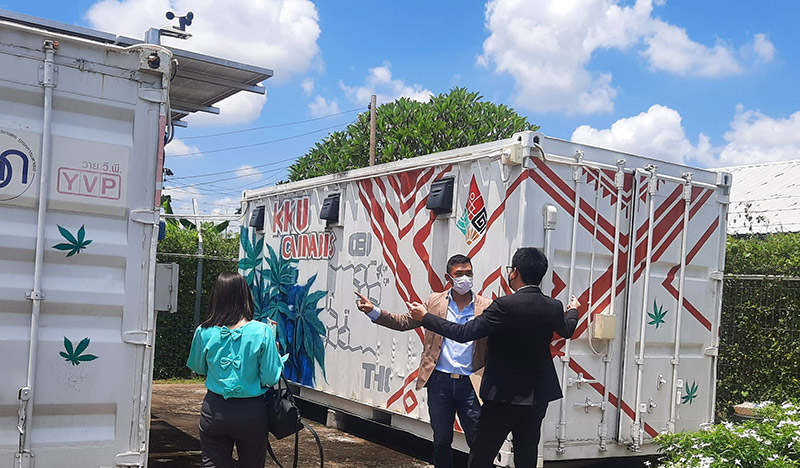
However Bailey and others interviewed for this story agreed that legal psilocybin would not resemble legal weed. The streets wouldn’t fill with fungus dispensaries displaying jars of caps and spores.
Instead, they imagine a stringently regulated system of supplements and wellness products, as well as therapeutic, clinical applications. Closer to what the public expected legal weed to become.
“I don’t see it as recreational,” Bailey added. “I think they might make it easier to buy and sell it, but they’re going to regulate it.”
Before weed became legal on June 9, and long before OG Retail responded by opening six large dispensaries such as Wonderland and Kush House, the Pantera Group subsidiary had also been investing in a CBD operation.
CEO Benjamin Baskins said in a recent interview that psilocybin “would be a consideration,” though not one that had seriously considered so far.
“It’s a completely different product, but you never know where things are going,” he said, noting that their partnerships to develop wellness facilities and hotels created a lot of potential opportunities.
Hopes spore
Though facing political uncertainty following the backdoor decriminalization of cannabis last year, Thailand remains at the fore, certainly in Asia, of recognizing and evaluating psilocybin’s benefits at a time psychedelics are on the verge of going mainstream.
And it’s happening fast.
The world’s largest pharmaceutical companies are embracing psychedelics such as shrooms, ketamine, ecstasy, LSD and more to develop treatments for maladies including PTSD, depression, and addiction in a number of advanced trials. Prestigious medical journals have published studies validating the use of such drugs for psychological treatment.
“Psychedelic compounds like LSD, Ecstasy and psilocybin mushrooms have shown significant promise in treating a range of mental health disorders, with participants in clinical studies often describing tremendous progress taming the demons of post-traumatic stress disorder, or finding unexpected calm and clarity as they face a terminal illness,” the New York Times declared one year ago in the wake of a major study published in the journal Nature Medicine.
In January, Oregon became the first U.S. state where magic mushrooms could be consumed legally by adults. In February, Australia became the first place to formally recognize medical uses for psychedelics. Thailand is well along the way to doing the same.
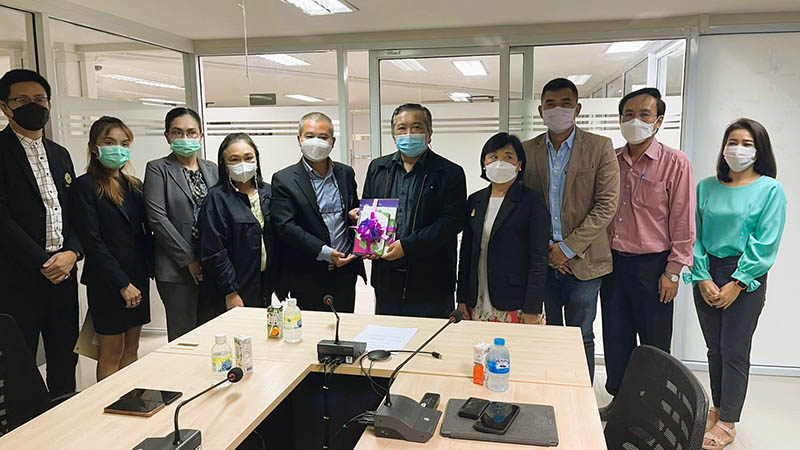
It was eight months ago that Thailand’s Narcotics Control Board announced that Khon Kaen University would cultivate magic mushrooms for study at a number of universities. The results of that research would be used to consider delisting psilocybin as a controlled substance, much as it did with cannabis in February 2022, setting the drug on the path to decriminalization.
Less than two years ago, both kratom and cannabis were Category 5 narcotics, along with psilocybin.
In announcing the news, Justice Minister Somsak Thepsuthin sounded similar themes to further liberalizing drug laws. He said psilocybin presented great economic opportunities for the agricultural industry.
That liberalization of Thai drug laws can be traced back to direct military rule in June 2016 with a bombshell speech by Somsak’s predecessor, junta Justice Minister Paiboon Koomchaya.
Gen. Paiboon, a former deputy supreme military commander, had just returned from a U.N. conference on narcotics in New York, where he got a contact high from advocates of common-sense drug policies.
In short order, he declared the war on drugs a failed mistake and said Thailand would decriminalize drugs, help rather than punish drug users, who would be released from its overcrowded prisons. His aggressive timeline – Paiboon said the rules for methamphetamines and cannabis would be relaxed within months – did not come to pass, however.
It wasn’t until the final days of 2018 that medical weed was legalized, and after that it was kratom’s turn in late 2021, 10 months before weed would be fully decriminalized in June 2022.
While Paiboon did not say much about psilocybin, fast forward to this past August when his successor, Justice Minister Somsak Thepsuthin, set shrooms on the same track as weed, announcing that the laws would be eased for the sake of research into its medical uses.
Once again, the highest authorities displayed a surprising openness to rethinking tradition in light of the broader reappraisal of psychedelics going on around the world.
For now, eyes are on May 15 – Election Day – to see which way the political winds blow. While opposition factions have assailed the military-backed government’s pro-weed policies, there are doubts that they make good on threats to pull the carpet out from under Thailand’s explosive new cash engine. Nonetheless, some are trying to turn the general election into a mandate on the ruling government’s cannabis policy.
And, for now, while it is not hard to find magic mushrooms for sale online or various islands, using them is still punishable by a year behind bars. Selling shrooms can mean 15 years in jail.


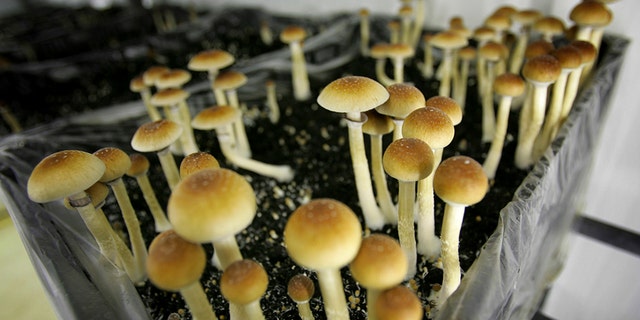
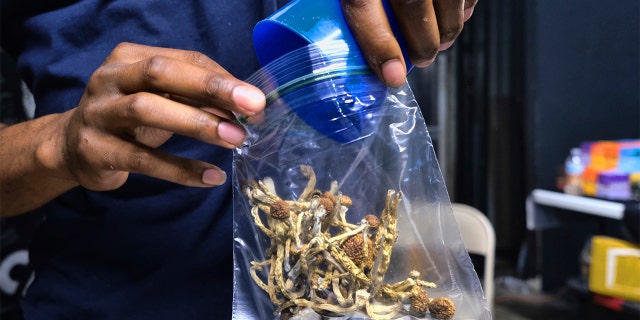
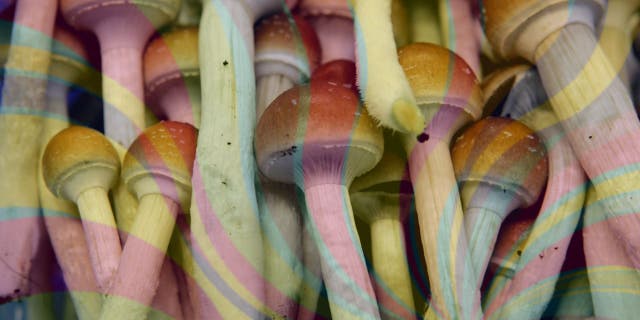


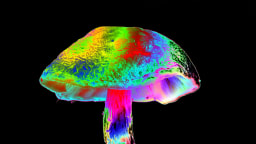

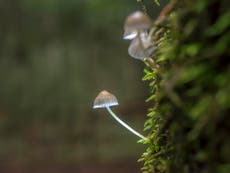
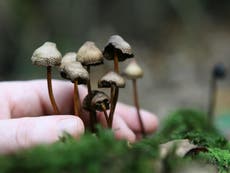

/https://www.thestar.com/content/dam/thestar/business/2021/12/18/bruce-lintons-next-big-bet-magic-mushrooms/david.jpg)








